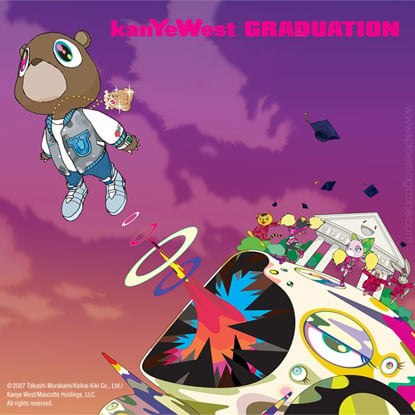For example:
J. Michael wrote:Jordan Clarkson, the No. 46 draft pick by the Wizards which was sold to the Los Angeles Lakers, is back and forth to the D-League and getting just spot minutes for one of the NBA's worst teams.
The initial deal was made on draft night in June, when the Wizards sold the slot for almost $2 million rather than clogging up their roster with a longshot player who ate up salary-cap space.
Second round picks may or may not be longshots, but they neither clog the roster nor eat salary cap space. Second round picks sign non-guaranteed minimum salary contracts. If they don't make the team, they don't get paid and they don't count against the cap. If they make the team, they're hardly eating cap space -- the rookie minimum is the absolute smallest salary an NBA player can be paid.
J. Michael's stuff about the Wizards being able to sign Rasual Butler "without regard to the cap" is also inaccurate. Butler still counts against the cap (and in luxury tax calculations), but not for the full amount of his salary. Veterans with 3+ years of experience playing for the league minimum are given an accounting value against the cap that's equal to the amount of the 2nd year minimum salary. The league actually pays the difference. This was done (as J. Michael notes) to avoid having teams dump veterans to save a few hundred thousand dollars.
But, the point is that dumping the pick to eventually sign Butler doesn't represent any kind of savings for the Wizards -- he's costing them about $310k more than the 2nd round pick would have.
Now, I don't have too big a problem with the team getting out of the pick since everyone they wanted to pick had already been taken. Especially if they could turn that $2 million into something useful for the team. And, Butler has played extremely well this season.



















